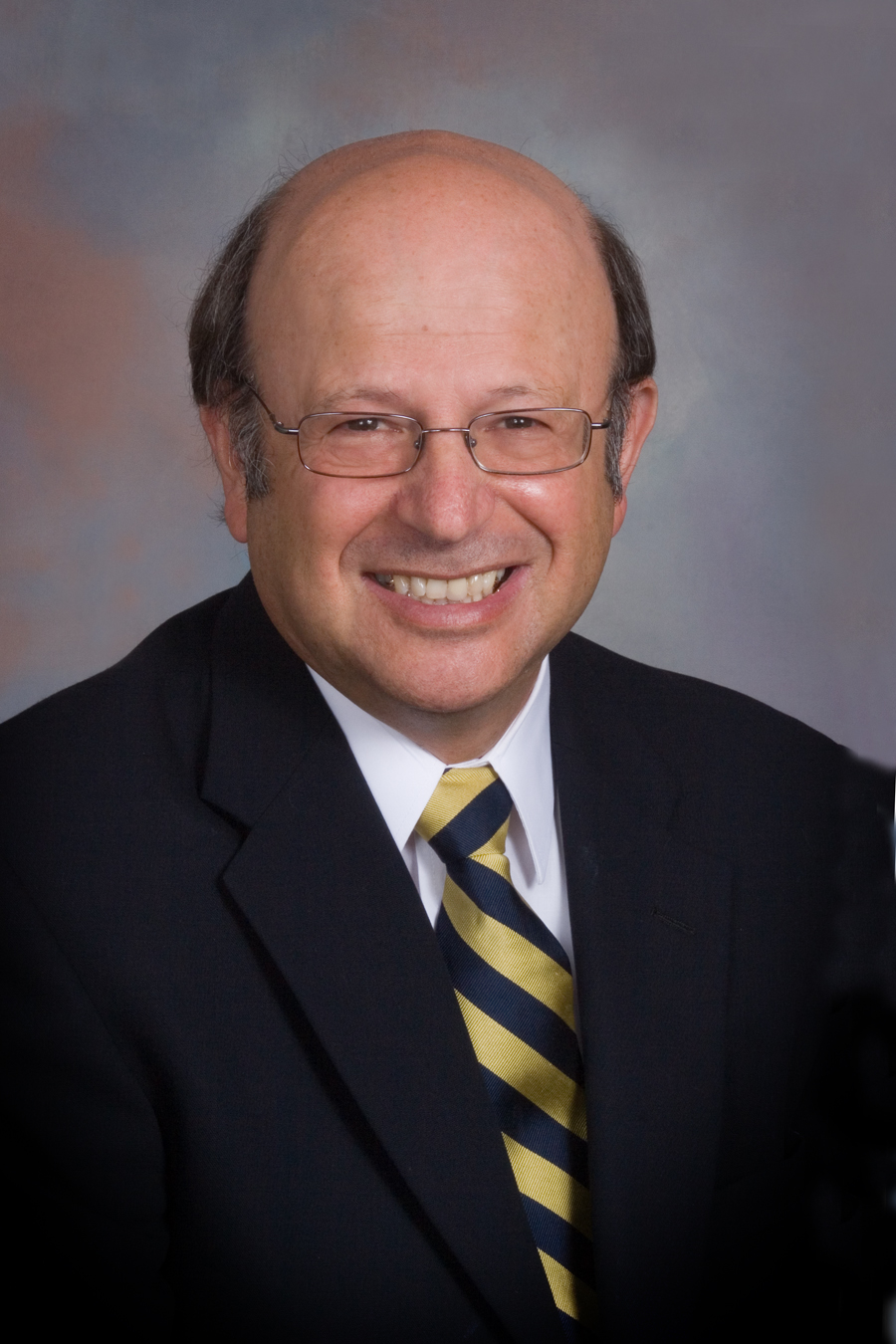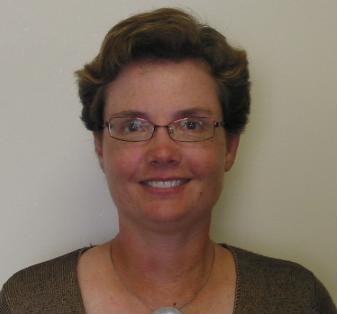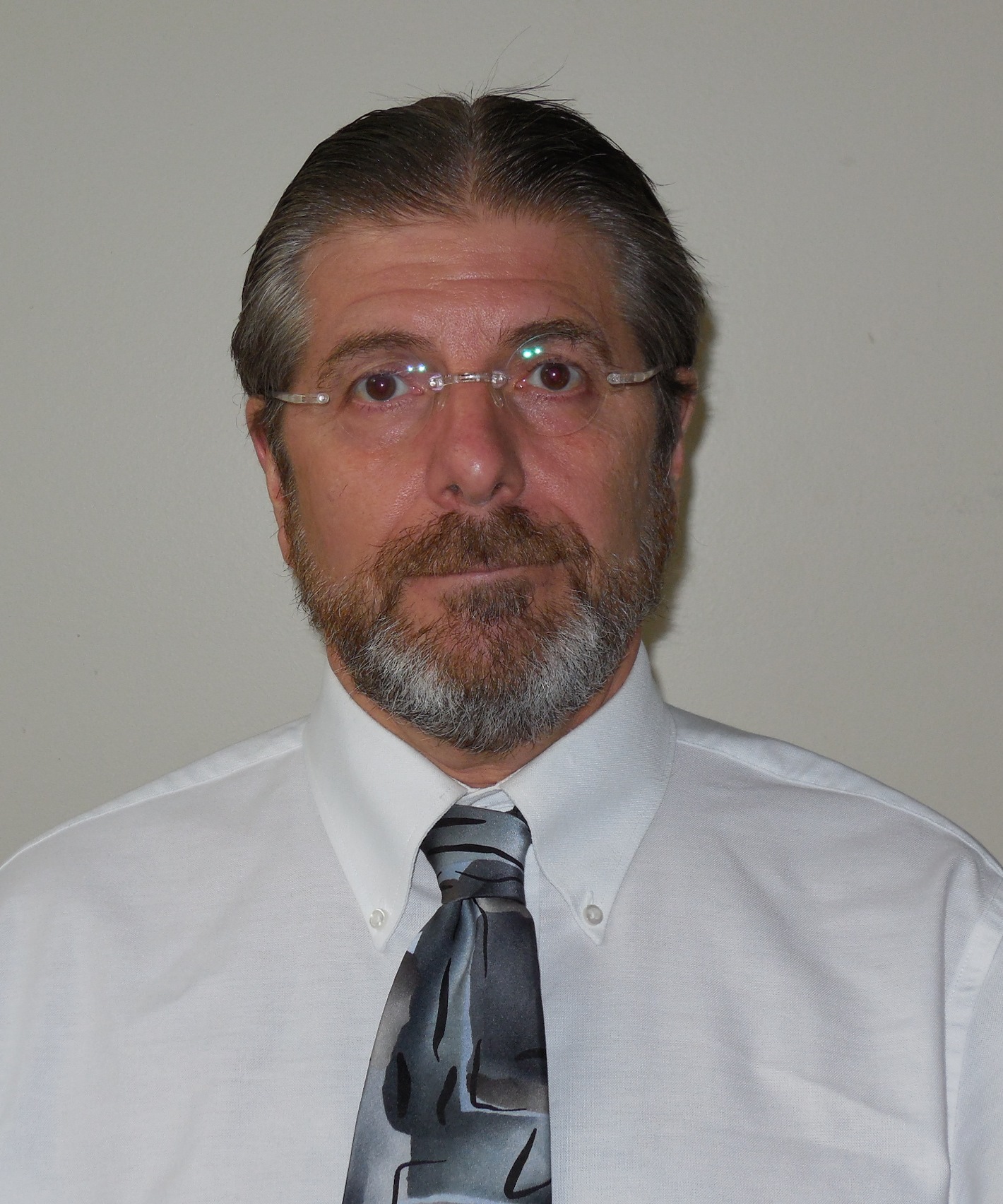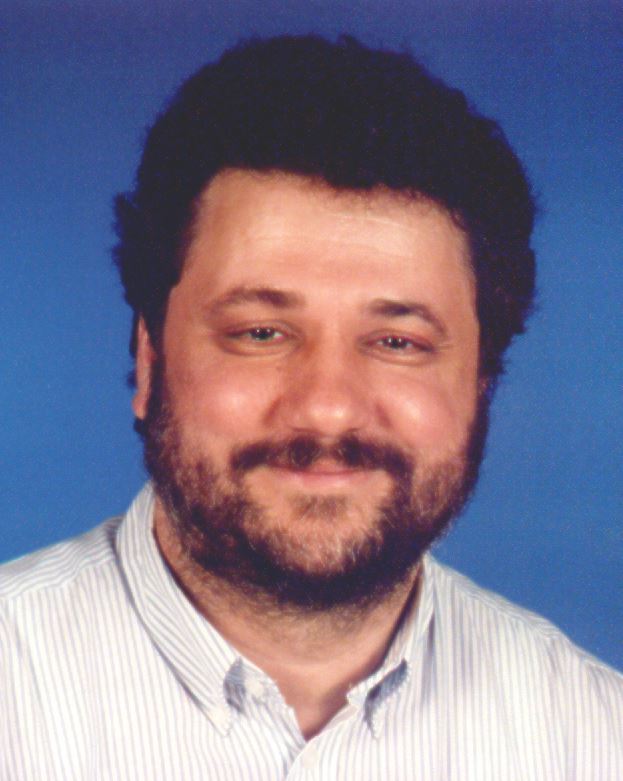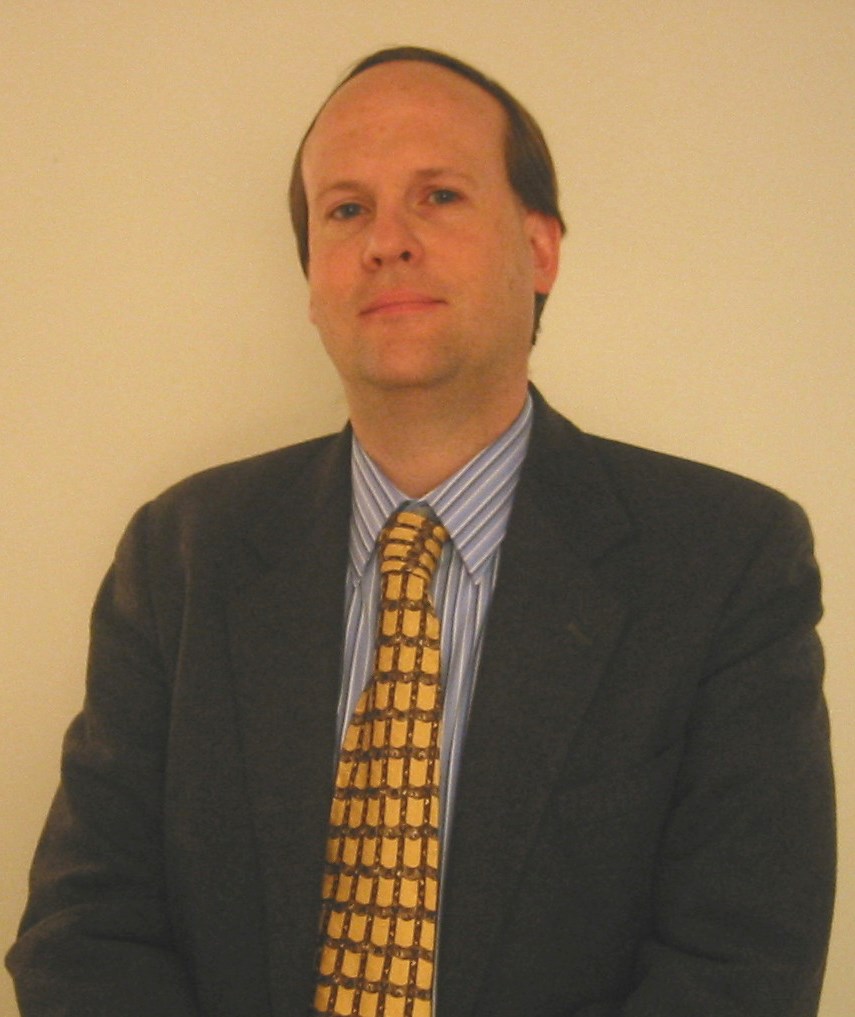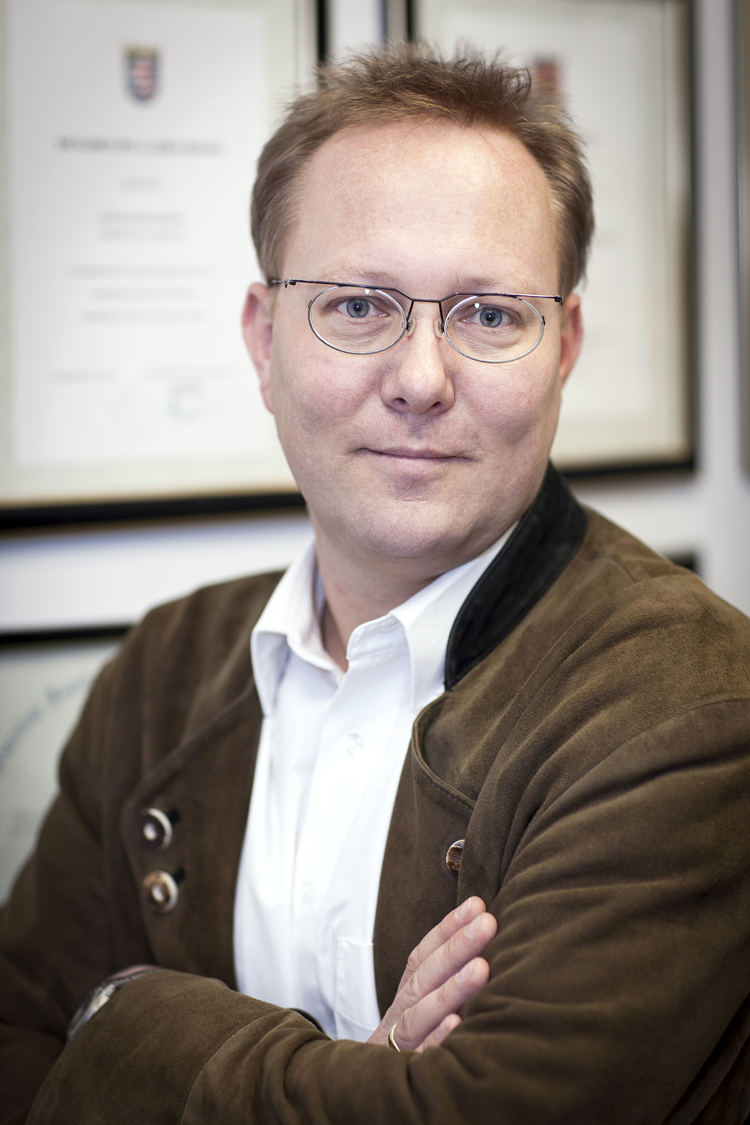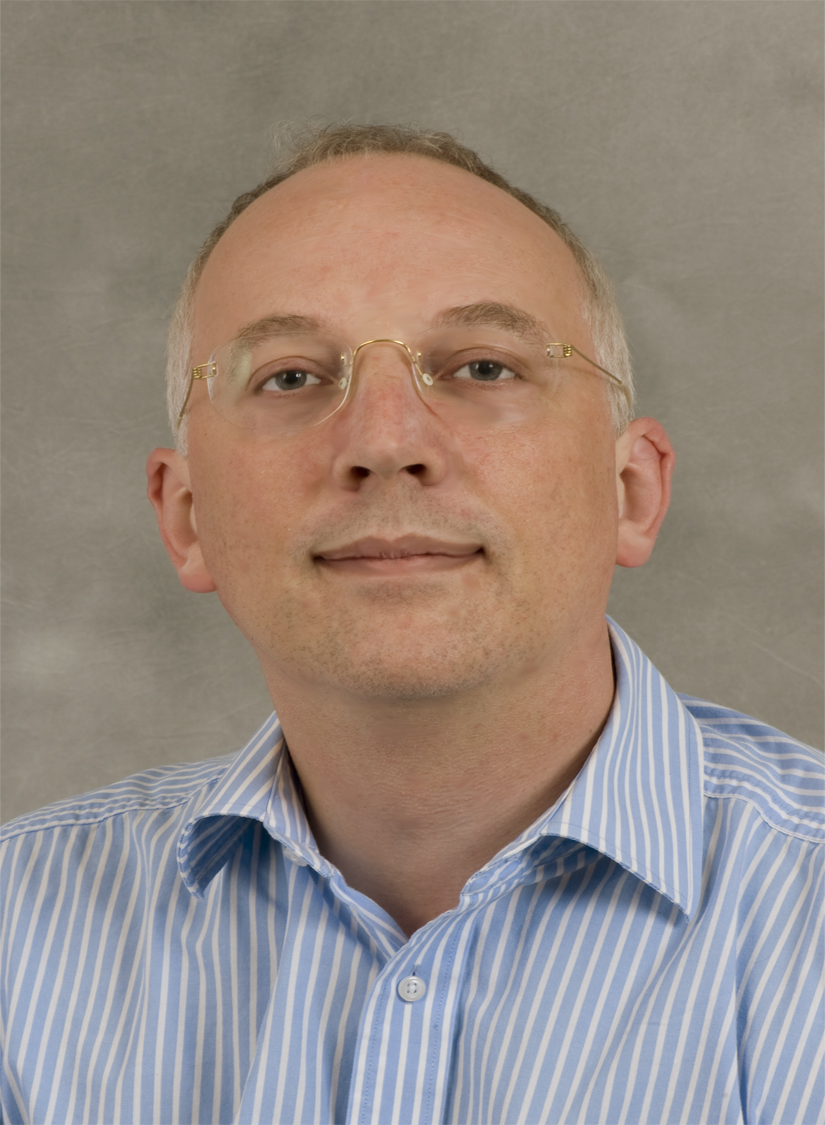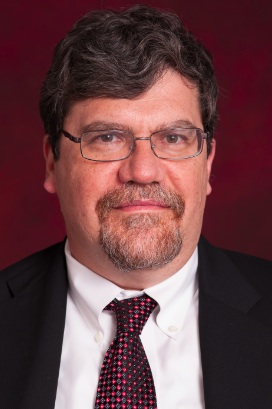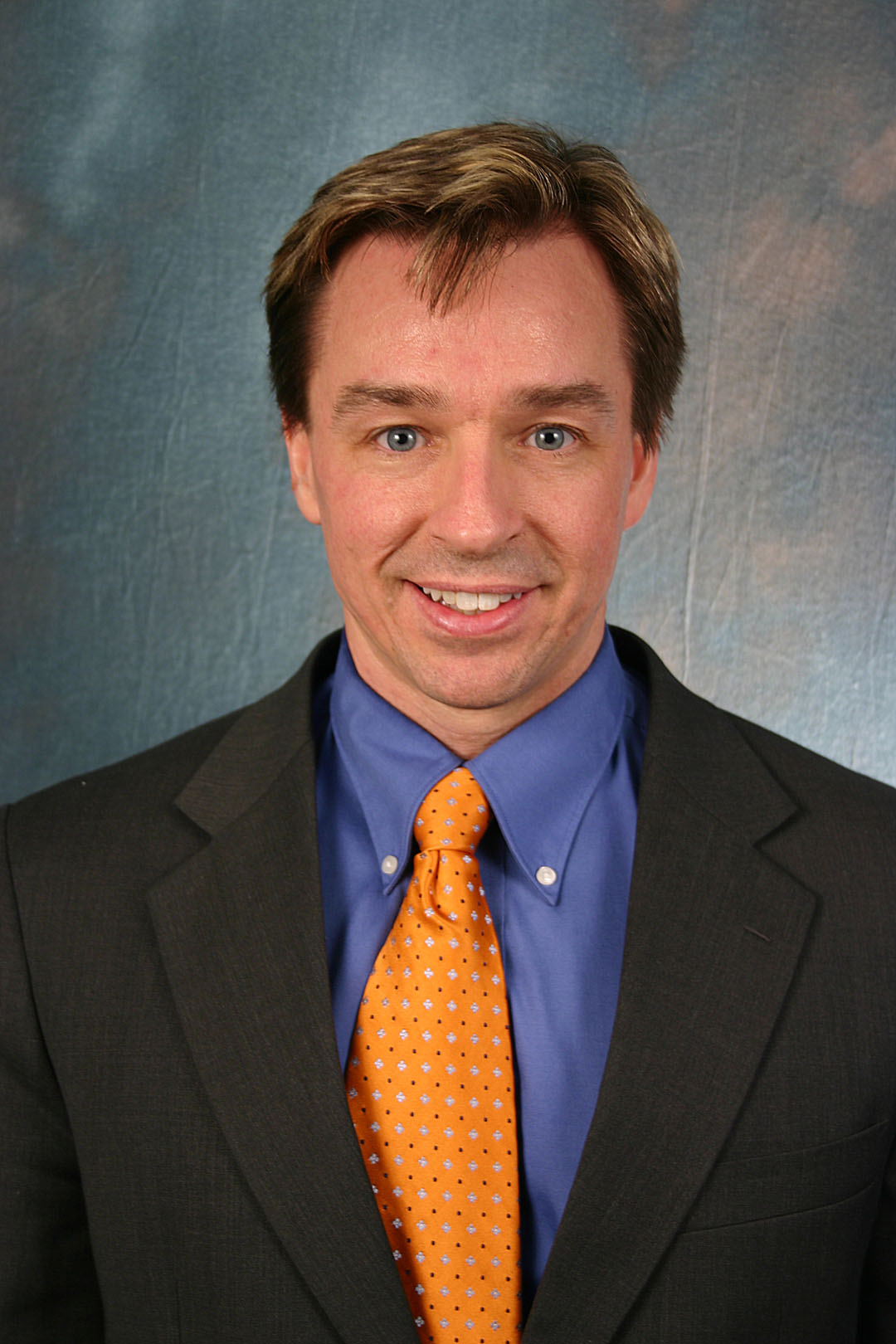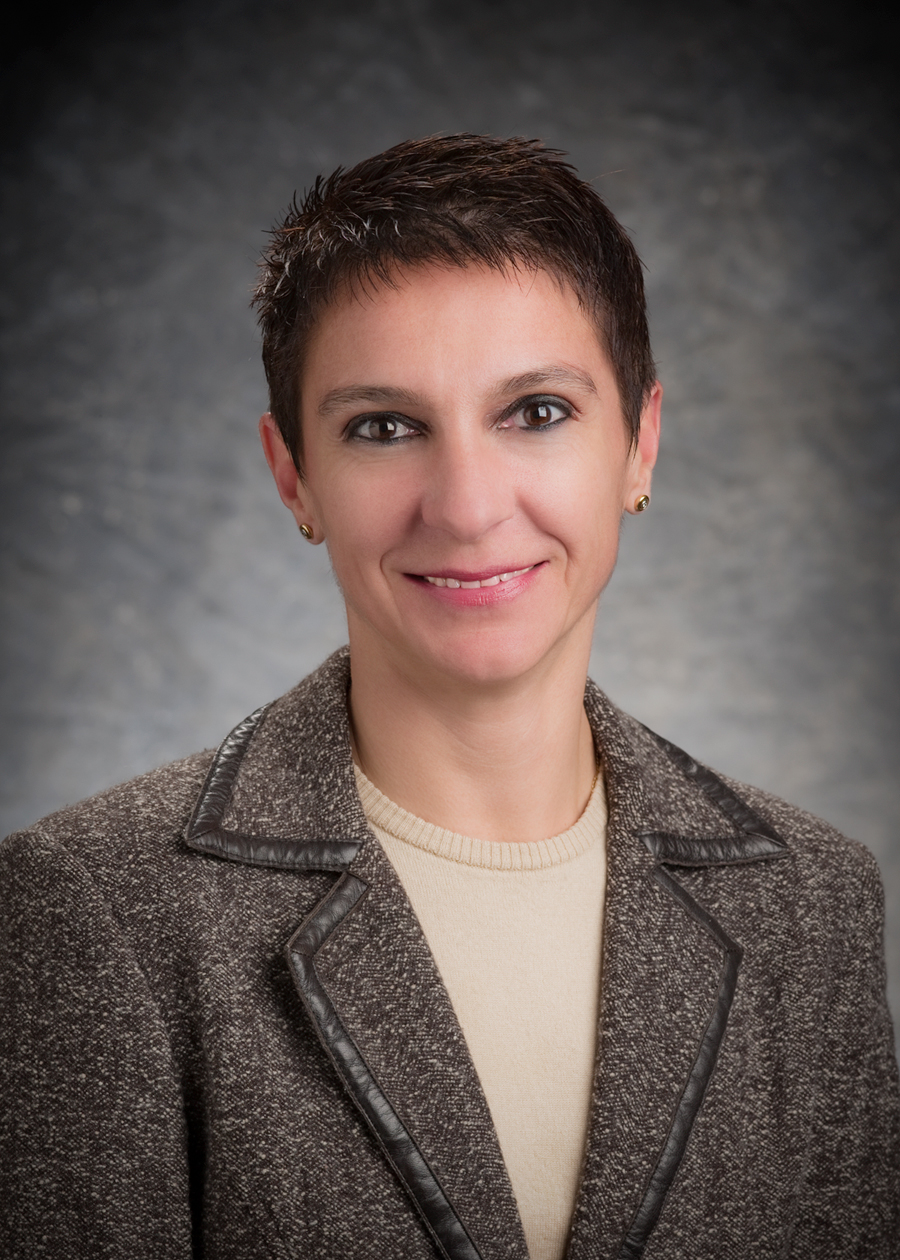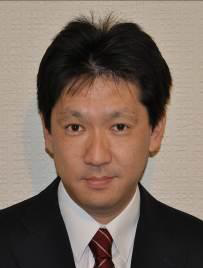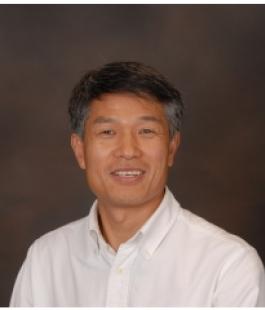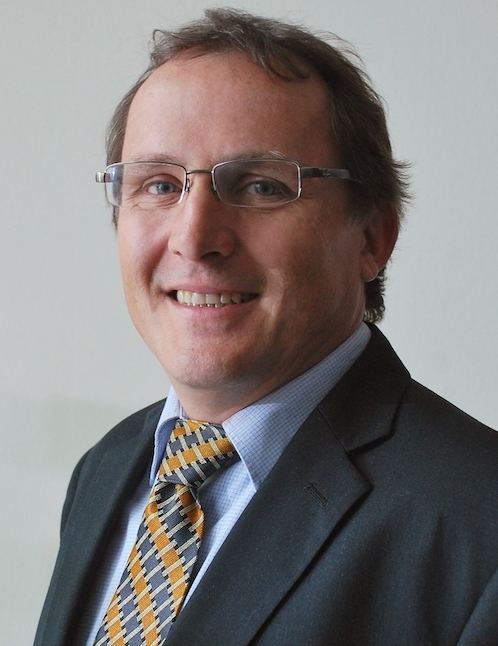Invited Speakers
|
|
Dr. Bertil Abrahamsson, AstraZeneca |
|
|
Dr. Gordon Amidon, University of Michigan |
|
|
Dr. Gregory Amidon, University of Michigan |
|
|
Dr. Frank Ascione, University of Michigan |
|
|
Christel Bergström, Uppsala University, Monash University |
|
|
Dr. Marival Bermejo, University Miguel Hernández of Elche-Alicante |
|
|
Dr. James Brasseur, Pennsylvania State University |
|
|
Dr. Cindy Buhse, U.S. Food & Drug Administration |
|
|
Dr. Jack Cook, Pfizer Inc. |
|
|
Dr. John Crison, Bristol-Myers Squibb Company |
|
|
Dr. Arik Dahan, University of the Negev |
|
|
Dr. Dwayne Friesen, Bend Research Capsugel |
|
|
Dr. Ping Gao, AbbVie Inc. |
|
|
Dr. Michael Hawley, Boehringer-Ingelheim Pharmaceuticals Inc. |
|
|
Dr. Ajaz Hussain, Insight Advice and Solutions, LLC
|
|
|
Dr. Johannes Krämer, PHAST GmbH |
|
|
Professor Peter Langguth, Johannes Gutenberg University |
|
|
Professor Hans Lennernäs, Uppsala University |
|
|
Dr. Robert Lionberger, U.S. Food & Drug Administration |
|
|
Dr. Raimar Löbenberg, University of Alberta
|
|
|
Dr. Luca Marciani, University of Nottingham |
|
|
Dr. Deanna Mudie, University of Michigan |
|
|
Dr. Anette Müllertz, University of Copenhagen |
|
|
Dr. Fernando J. Muzzio, Rutgers University
|
|
|
Dr. James Polli, University of Maryland |
|
|
Dr. Nair Rodriguez-Hornedo, University of Michigan |
|
|
Dr. David Sperry, Eli Lilly & Company |
|
|
Dr. Erika Stippler, USP |
|
|
Dr. Kiyohiko Sugano, Toho University |
|
|
Dr. Duxin Sun, University of Michigan |
|
|
Dr. Werner Weitschies, Ernst Moritz Arndt University of Greifswald
|
|
|
Professor Shinji Yamashita, Setsunan University |
|
|
Dr. Lawrence Yu, U.S. Food & Drug Administration |





